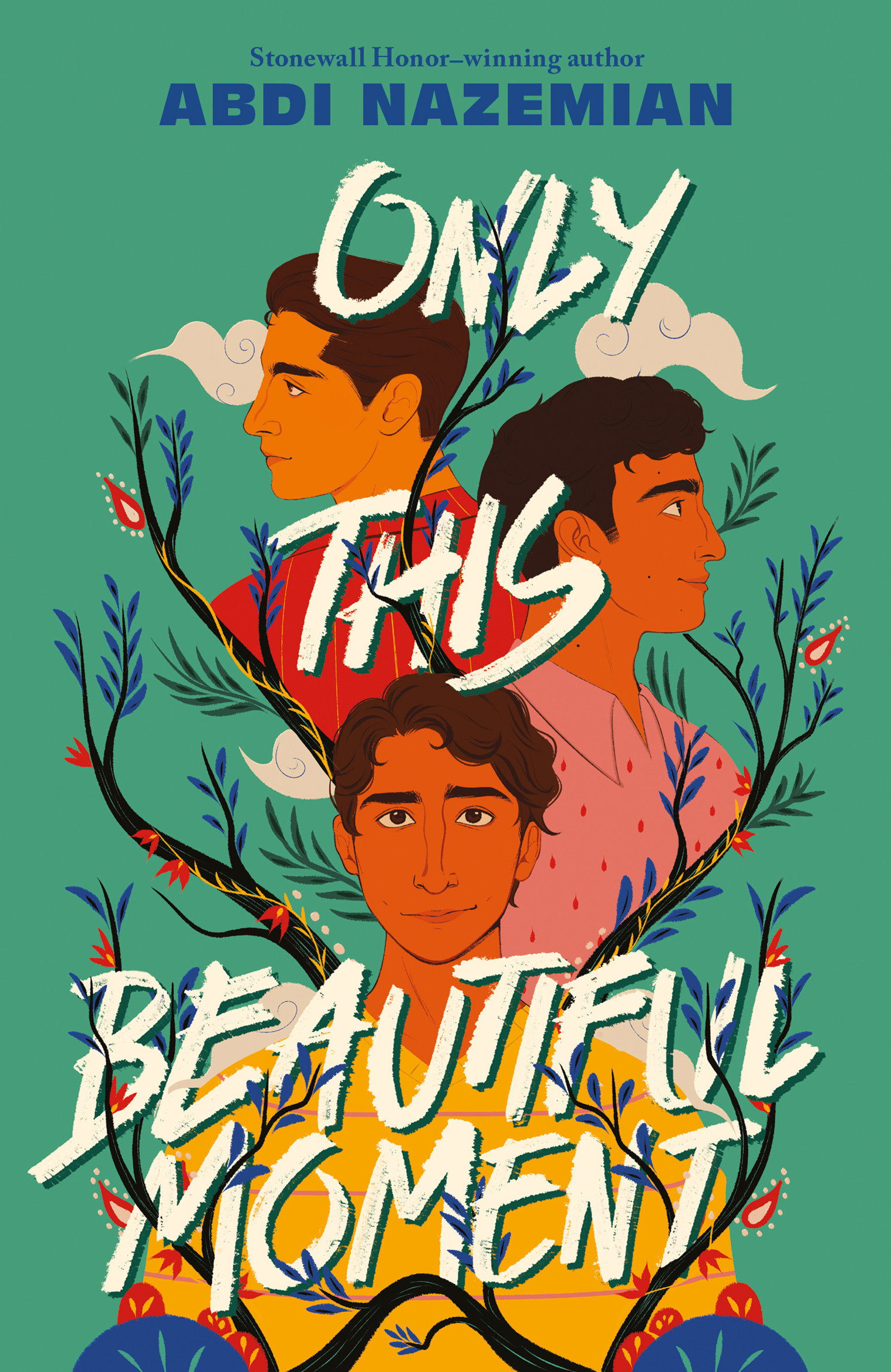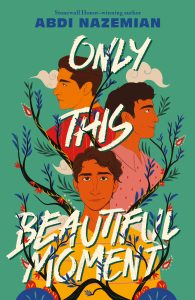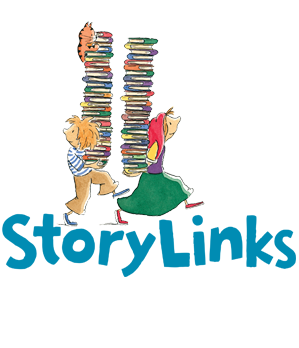



 This beautiful and richly layered story unfolds the lives and experiences of three generations of teenage boys from the Jafarzadeh family. Powerful vignettes told from the first-person perspectives of Moud in 2019, his father Saeed in 1978 and his grandfather Bobby in 1939 are woven into a story of intergenerational trauma, self-identity, love and the fragile bonds that hold families together.
This beautiful and richly layered story unfolds the lives and experiences of three generations of teenage boys from the Jafarzadeh family. Powerful vignettes told from the first-person perspectives of Moud in 2019, his father Saeed in 1978 and his grandfather Bobby in 1939 are woven into a story of intergenerational trauma, self-identity, love and the fragile bonds that hold families together.Error: Contact form not found.
